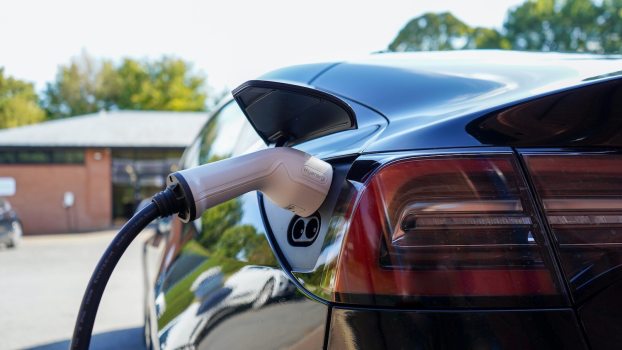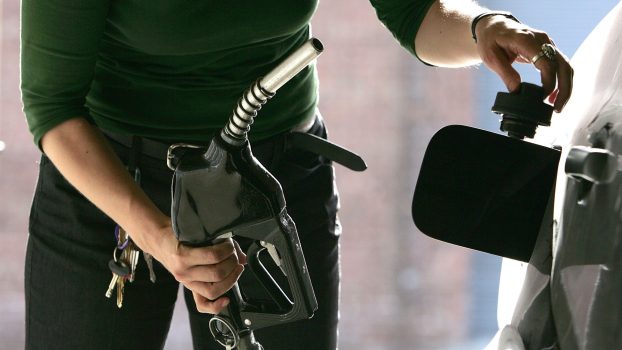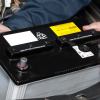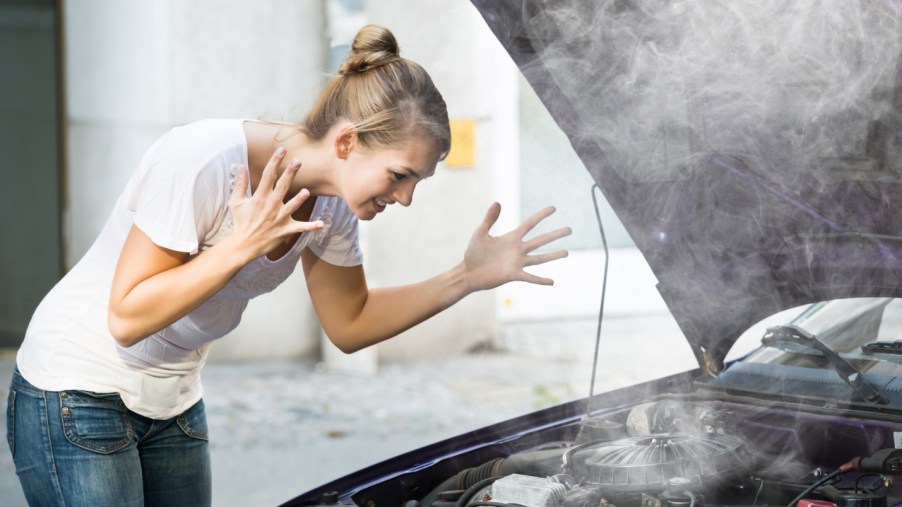
It’s Usually Not Engine Problems That Cause Your Car to Overheat
In the summer, it’s hot, hot, hot, which is fine unless your car overheats! Then you’re stuck in the sweltering sun until help arrives. But luckily, there are a few tips to keep you and your ride cool. Don’t be misled because it’s not always the engine that makes your car overheat.
Why is your car engine overheating?
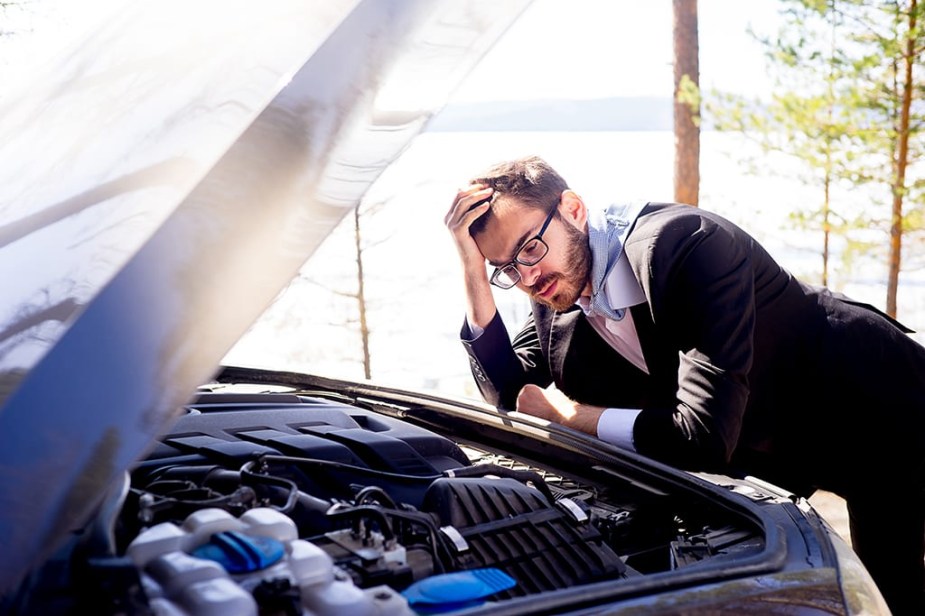
When smoke emerges from under a car, it might not be on fire. The engine could be overheating, and the smoke is actually from the vapor due to an overheating cooling system. There could be a leak in the coolant system, which may cause the engine to overheat. So it’s not necessarily your engine having issues, but cooling components that keep it from getting too hot while operating.
As international combustion engines operate, they get hot. But the engine block heads have passages for antifreeze and coolant to pass through to transfer heat away from the engine.
The coolant goes from the engine in a hose to the radiator, where it transfers to passing air. As a result, it cools off and returned to the engine at a lower temperature over and over again.
Overheating may occur if the coolant passages become clogged or start to leak. The cooling system’s components might wear and deteriorate over time, causing them to fail. Going unnoticed can cause the engine to overheat, turning things into a more expensive problem.
Also, the thermostat could fail. It’s a heat-sensitive device that opens at a certain temperature to allow coolant to pass through. It lets your engine warm up before allowing coolant to pass through, but it can get stuck in the closed position.
Having a low coolant level is an easier problem to correct. Remember that coolant evaporates over time, and without enough coolant to dissipate high temperatures, then the engine could overheat.
The engine’s radiator cap cannot maintain pressure in the cooling system if it’s faulty. Modern cooling systems are closed and pressurized systems that enable cooling without a boil-over.
Also, your engine needs enough lubricating oil in the crankcase and passing through it to remove heat. Without enough oil, the engine can overheat or become severely damaged.
Can you drive with an overheated engine?
No, according to J.D.Power, even driving a short distance with an overheating engine can cause severe damage and catastrophic engine failure. It could leave you with a repair bill in the thousands.
If your engine is overheating, then you may notice a malfunction light illuminated on the instrument panel. Usually the alert is a bright red or yellow with an attention-grabbing glow to get your immediate attention so you can take timely action.
Also, you may notice a plume of white or light grey vapor springing from a leak in the coolant system. It can be difficult to see while in motion as the vapor dissipates, but it will surround your vehicle like fog at stop lights.
What to check if your engine overheats

If your engine is overheating, it’s dangerous to continue driving. But if you need to travel a short distance, some mechanics say that turning off the air conditioning and the heater fan on at full blast takes stress off the cooling system.
Plus, the heater is an internal radiator system that allows coolant to pass through and can help keep the engine closer to its correct temperature range.
When you pull over at a safe location, turn off the engine and don’t immediately open the hood of your car. The super hot coolant could spew out on your skin, burning you like molten lava. Wait until you’re 100% sure that the engine has cooled. It should take roughly 30 minutes.
Most vehicles have similar cooling systems with an overflow reservoir. If it’s empty, you can see if adding coolant and restarting the engine works. Often, simply refilling coolant solves the issue. But you may want to check your radiator for leaks if it happens a lot.
Using water can work in a pinch but can add contaminants to the radiator. If this doesn’t work, it’s time to call the tow truck to prevent causing more damage.
Can you fix an overheating engine?
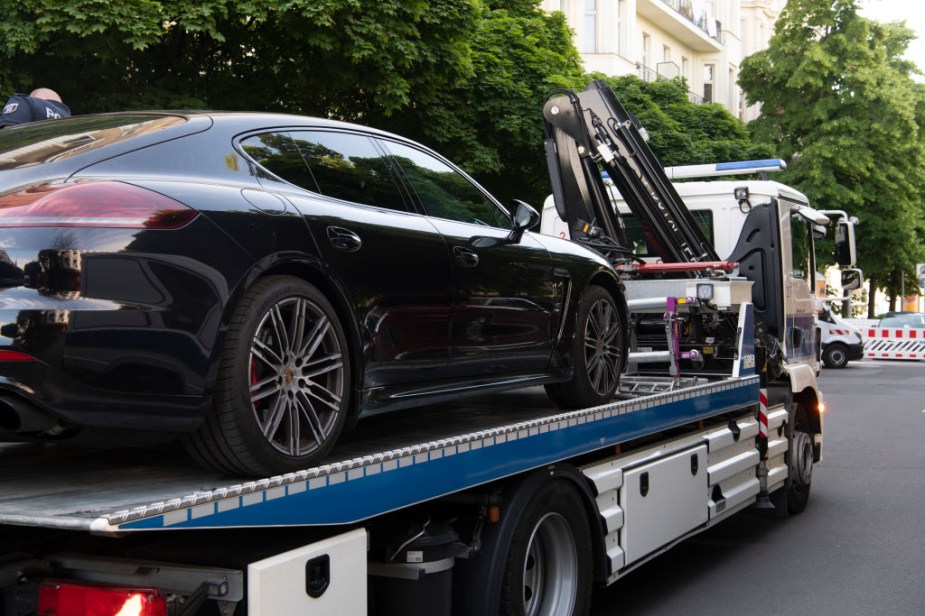
If your engine only experiences the early stages of overheating, then it can be repaired. But it won’t be fixed on its own and needs to be serviced. Continuing to drive may cause hoses to burst, radiator damage, and exploding coolant systems.
Pricing for overheated engines ranges from $500 to $1,500 or more, depending on how many other components become damaged. Overheating may cause cylinder walls and pistons to bend or become deformed.
In some cases, the engine could be permanently damaged, and purchasing something new may be cheaper or more practical.
